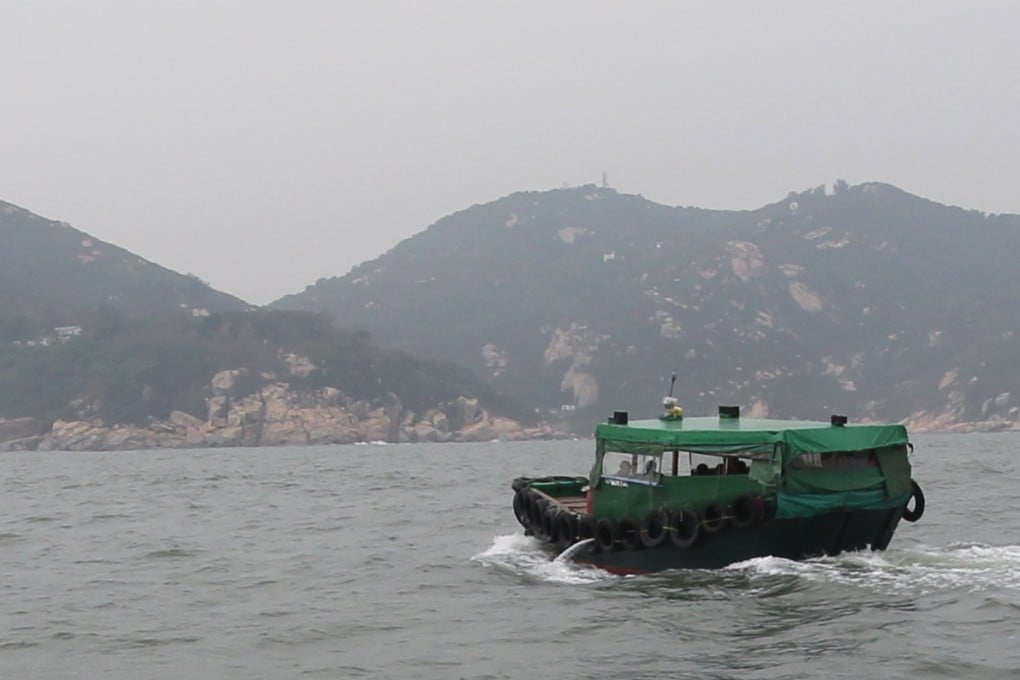Shek Kwu Chau the wrong site for incinerator
The Environmental Protection Department repeatedly resorts to incomplete and misleading information in its efforts to foist on Hong Kong a mega-incinerator to be built on the pristine island of Shek Kwu Chau.

The Environmental Protection Department repeatedly resorts to incomplete and misleading information in its efforts to foist on Hong Kong a mega-incinerator to be built on the pristine island of Shek Kwu Chau.
The latest example occurred during a so-called public "consultation" in Cheung Chau earlier this month. I asked Environment Secretary Wong Kam-sing why Shek Kwu Chau was selected over Tsang Tsui in Tuen Mun as the site of the incinerator. In two studies commissioned by the department, 12 out of 13 criteria (covering environmental, technical, economic and social factors) favour Tsang Tsui as the better site. The only criterion favouring Shek Kwu Chau is transportation cost. Furthermore, building the mega-incinerator in Tsang Tsui costs 26 per cent less than in Shek Kwu Chau and could be completed two years sooner. Reclamation, seabed dredging , cable laying to create the infrastructure on Shek Kwu Chau will impact on fisheries and wildlife.
The Tsang Tsui site is ready in situ amid existing waste-treatment facilities. The department has never shown such a clear comparison to Legco and the public.
Assistant director of environmental protection Elvis Au replied that locating the incinerator in Tsang Tsui, given the waste-treatment facilities already there, would add pollutants cumulatively to an unacceptable level. As proof, he cited one of the department-commissioned environmental impact studies.
However, this is exactly the opposite of what the study concluded. The Engineering Investigation and Environmental Studies for Integrated Waste Management Facilities Phase 1- Feasibility Study, completed in February 2011 by Aecom, states categorically that air quality parameters in Tsang Tsui with the addition of the proposed incinerator "all complied with the corresponding AQOs (Air Quality Objectives)". It also concluded that "the impact on health from small additional air pollutants is likely to be very small and unlikely to be quantifiable".
Did Mr Au not read the study that his own department sponsored?